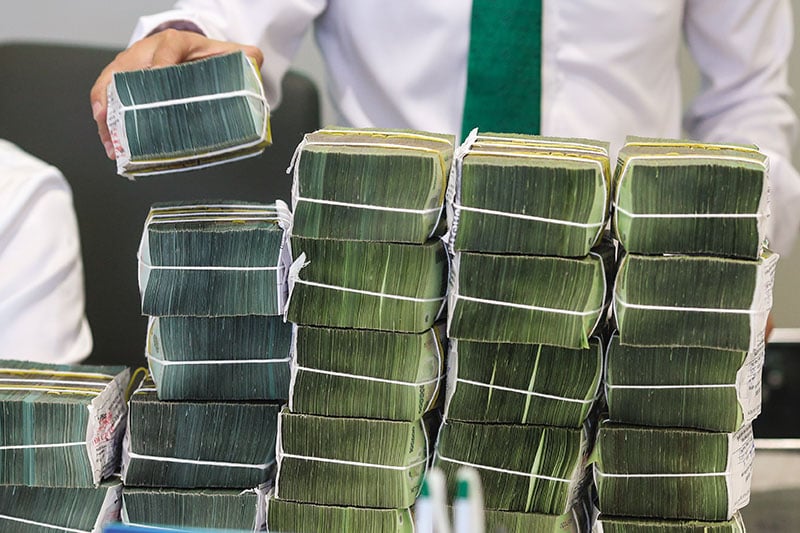 |
| It is understandable that banks increase lending rates in the context of increased credit demand at the end of the year and slow increase in deposit interest rates. |
Floating interest rate: Adjusted 3 times every two months
Mr. Dang Khac Truong, a customer of V. Bank, said that in the past month, the interest rate for his home loan has increased three times. Accordingly, the floating interest rate for this loan is 14.8%/year, an increase of 2.4% compared to the interest rate applied in September 2025 (12.4%/year).
“Early last year, seeing the low interest rates, we bought an apartment and borrowed 3 billion VND from the bank. During the preferential interest rate period, the loan was still bearable, but after the preferential period ended, the loan really made my family suffocate. With the current interest rate, the interest alone that my family has to pay is nearly 40 million VND/month. Plus the principal, each month the family has to pay more than 60 million VND for this loan,” said Mr. Truong.
This year, the whole system's credit increased by about 20%, while capital mobilization increased slowly. The financial report for the third quarter of 2025 showed that up to 8 banks had a decrease in deposit mobilization, including ABBank, BacABank, Eximbank, Kienlongbank, NamABank, PGBank, VietBank, VPBank . The high gap between credit and mobilization forced banks to increase savings interest rates in recent months to attract input capital, lending interest rates also increased and the first subjects affected were home buyers.
Mr. Phan Le Thanh Long, economic expert, CEO of AFA Group, said that it is understandable that banks increase lending interest rates in the context of increased credit demand at the end of the year and slow increase in mobilization interest rates. Homebuyers must carefully calculate their ability to repay debt to avoid falling into a state of financial imbalance. With a loan of 2-3 billion VND to buy a house, the borrower must have a total income of at least 80 million VND/month to ensure financial security.
Recently, the Vietnam Association of Realtors (VARS) also warned homebuyers to be cautious with their financial plans when loan interest rates increase, because increased loan interest rates will reduce market liquidity. In the period of 2023-2024, many investors and banks launched loan packages with interest rates of 5.5%/year, even interest-free, principal grace period of up to 5 years. However, when the preferential period ends and the floating interest rate period (10-14%/year) begins, the pressure to repay the debt will increase sharply.
When market liquidity is low, reselling products to cut losses becomes difficult, increasing the risk of bad debt returning to the credit system. In this context, VARS recommends that people should not borrow more than 50% of the value of assets to avoid risks when interest rates increase, and at the same time choose projects with transparent legal status.
A test for banks, home buyers and the real estate market
Dr. Can Van Luc, Chief Economist of BIDV, pointed out the fact that more than 80% of buyers hold real estate for less than 1 year, mainly buying and selling in a short time to make a profit, which means the rate of real estate speculation is very high.
According to experts, the rate of home purchases using leverage in Vietnam is very high. Buyers only have to pay 20-30% of the house value, the remaining 70-80% is borrowed from the bank. Normally, with loans under 1 year, buyers enjoy preferential interest rates or the investor pays the interest on their behalf. When the preferential period ends and liquidity slows down, while interest rates increase, investors will face sudden pressure to repay the debt, the risk of financial plan failure and having to sell off may occur.
It can be said that the increase in home loan interest rates will put the real estate market in front of new challenges. Accordingly, real estate associated with financial leverage will face great risks. The increase in home loan interest rates is also an opportunity for the market to differentiate between the real estate segment and the bubble segment.
Experts expect that when mortgage interest rates increase, speculation will gradually dissipate. The stagnant real estate prices are an opportunity for those with real needs and stable financial resources to choose suitable products. In particular, in the coming time, the supply of social housing will increase, making the market segment structure healthier.
Associate Professor, Dr. Pham The Anh (National Economics University) also assessed that the liquidity of the real estate market is declining, especially in the high-end segment, easy to buy but difficult to sell.
According to experts, in the context of reduced market liquidity and increased lending interest rates, if there is no credit and tax reform, capital flow restructuring and development model innovation, the real estate market will face extremely large risks.
The Vietnam Association of Realtors (VARS) has just recommended that home buyers be cautious when buying houses with preferential interest rates.
Accordingly, in recent years, to stimulate the market, many investors and commercial banks have launched home loan packages with very low interest rates. However, the preferential period is only temporary, when entering the floating interest rate period, if the general interest rate increases, the pressure to repay the debt will increase sharply. Many customers have fallen into a situation where they have not paid any capital, but the interest has doubled. When market liquidity is low, reselling products to cut losses becomes difficult.
According to VARS analysis, with the characteristic of using large debt leverage, real estate is the investment channel most directly and deeply affected by interest rate fluctuations. In the past, the real estate market experienced a sharp decline cycle from 2011 to 2013 when lending interest rates exceeded 18-20%/year, many businesses and investors had to sell off assets to cut losses, causing the market to "freeze" for a long time, real estate prices in many areas, including the central area, decreased by 30-40%.
Source: https://baodautu.vn/lai-vay-mua-nha-tang-phep-thu-moi-cho-thi-truong-bat-dong-san-d436886.html


















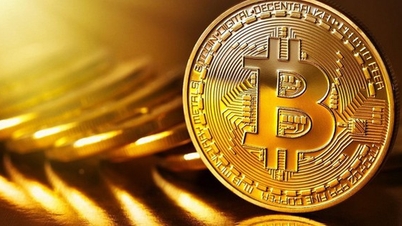

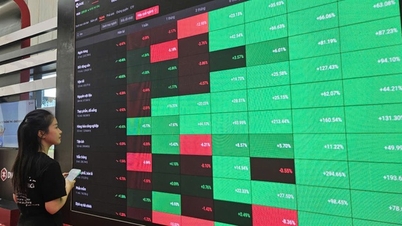
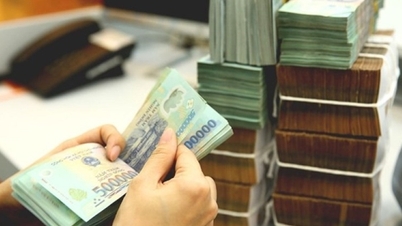












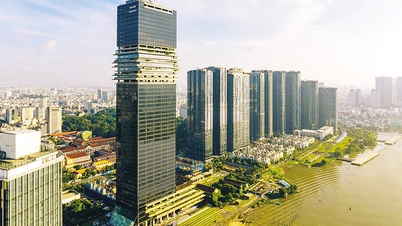















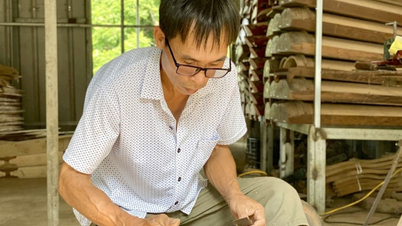



















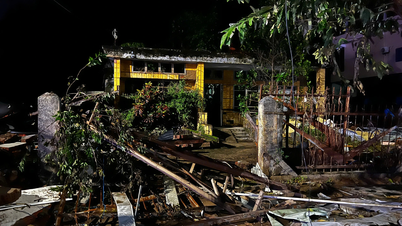



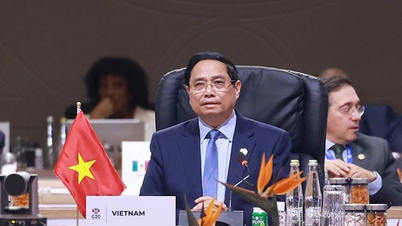

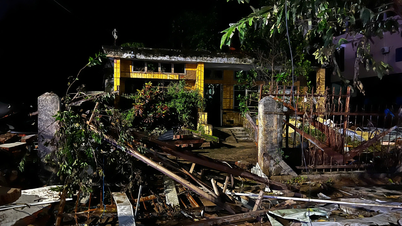








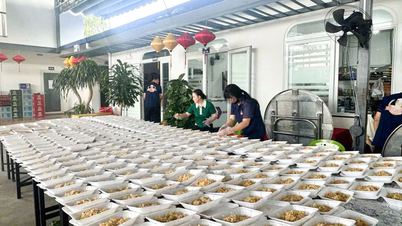






















Comment (0)